Meet Justice A.S. Anand and his Notable Judicial decisions
- ByPravleen Kaur --
- 17 Jun 2025 --
- 0 Comments
Justice Adarsh Sein Anand (1936–2017) was the 29th Chief Justice of India, serving from October 10, 1998, to October 31, 2001. Renowned for his expertise in constitutional and criminal law, Justice Anand’s judicial career spanned over four decades, including significant tenures as Chief Justice of the Jammu & Kashmir and Madras High Courts before his elevation to the Supreme Court in 1991. He was also Chairperson of the National Human Rights Commission (NHRC) from 2003 to 2006.
Judicial Career and Philosophy
Justice Anand was known for his commitment to human rights, judicial discipline, and access to justice. He authored 196 judgments and sat on 911 benches in the Supreme Court, with a substantial focus on criminal and constitutional matters. He was instrumental in expanding the reach of Lok Adalats and legal aid, advocating for affordable and accessible justice for all.
Landmark Judgments
1. Nilabati Behera v. State of Orissa (1993)
In this seminal case, Justice Anand (alongside Justice J.S. Verma) delivered a landmark judgment on custodial deaths, holding that the state is liable to pay compensation for violations of the right to life under Article 21. Anand emphasized that public officials must perform their duties lawfully and respect individual rights, reinforcing accountability for state excesses and setting a precedent for compensation in human rights violations.
2. D.K. Basu v. State of West Bengal (1996)
Justice Anand contributed to the judgment that established vital safeguards against custodial torture and abuse. The Court laid down detailed guidelines for arrest and detention, including the right to inform relatives and mandatory medical examinations, which have become foundational in protecting the rights of detainees and curbing custodial violence.
3. V.C. Mishra Case
Justice Anand’s judgment in the V.C. Mishra case clarified the limits of the Supreme Court’s power in contempt proceedings. While the Court could hold an advocate guilty of contempt, Anand ruled that it could not debar an advocate from practice—a power reserved for the Bar Council—thus upholding judicial discipline while respecting statutory boundaries.
Legacy
Justice A.S. Anand’s legacy is marked by his unwavering advocacy for human rights, judicial accountability, and legal reform. He played a pivotal role in strengthening the NHRC and promoting legal literacy and access to justice. His landmark judgments on custodial rights and state accountability continue to shape Indian jurisprudence. Anand was honored with the Padma Vibhushan and several other awards for his contributions to law and society.

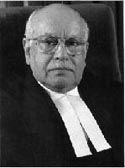












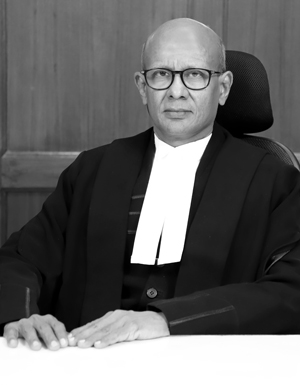





















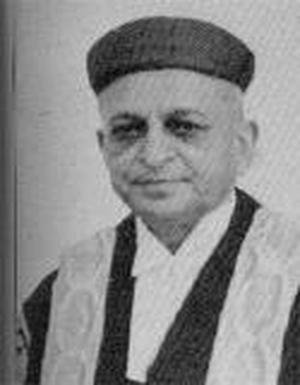
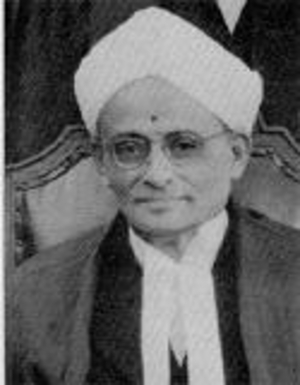
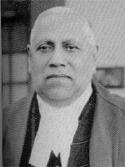
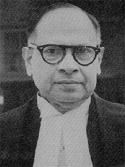
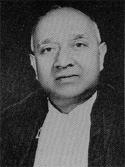
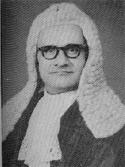
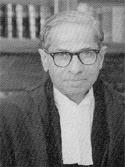
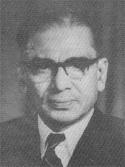
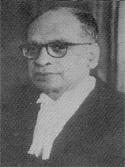
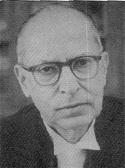
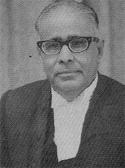
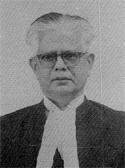
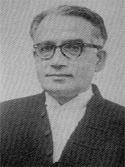


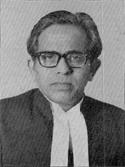
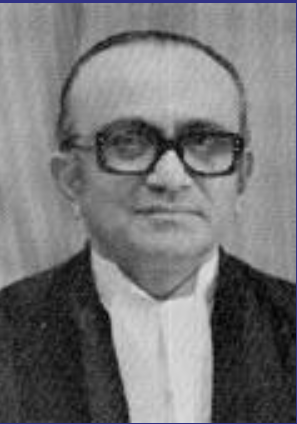

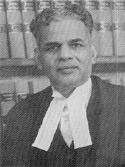
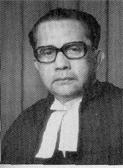
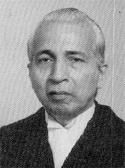
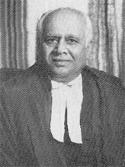
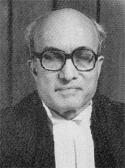
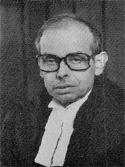
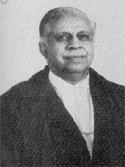

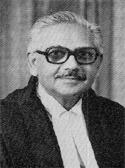
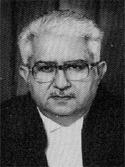
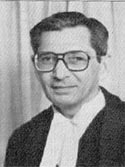


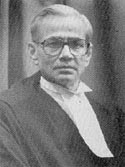
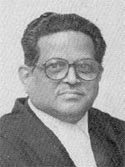

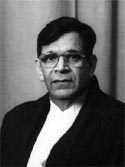
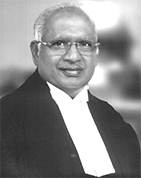

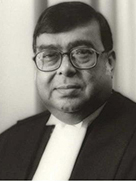

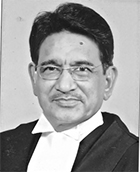










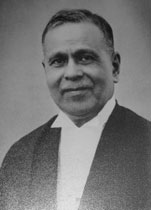
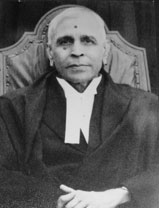
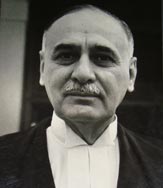
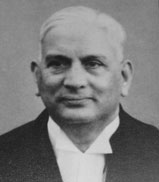
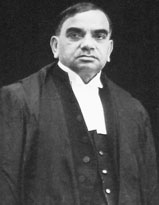

0 comments